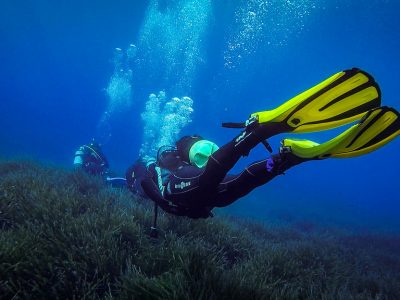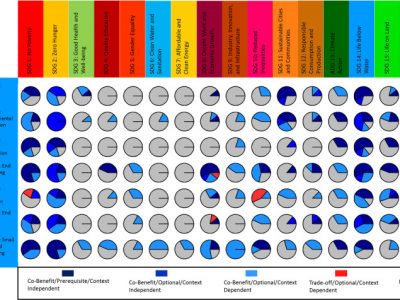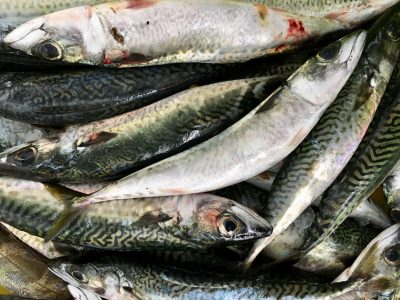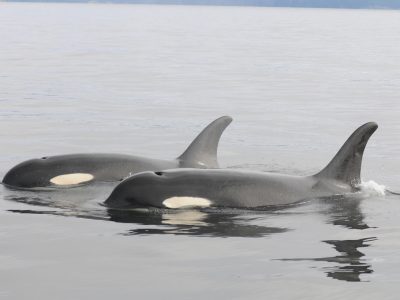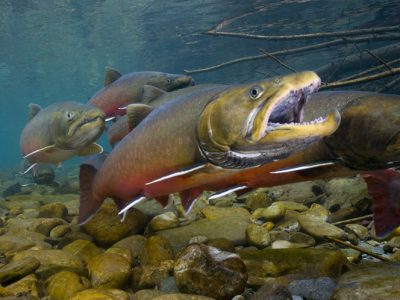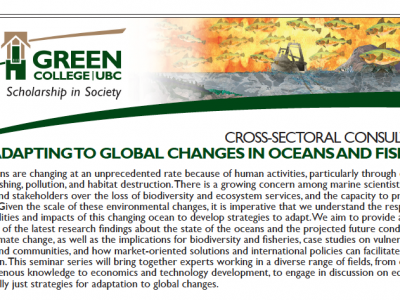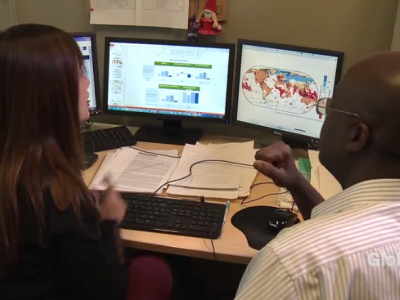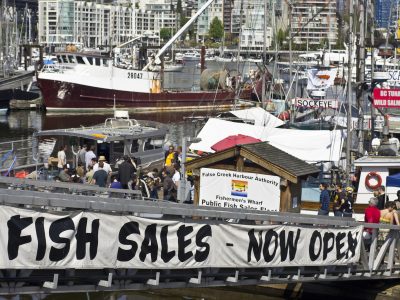Adaptation strategies to climate change in marine systems
Climate change and human activity have pressing impacts on the state of our ocean, threatening the integrity of marine ecosystems themselves as well as the services they provide to human communities. Given the inevitable current and future effects of climate change, adaptation by both physical and human systems is crucial.



